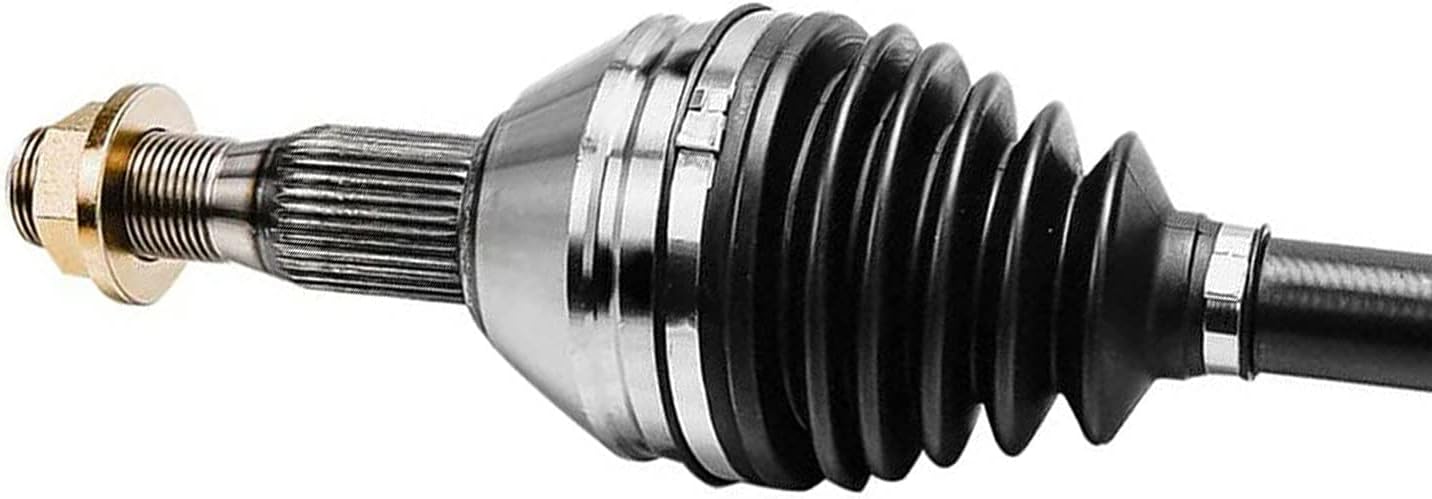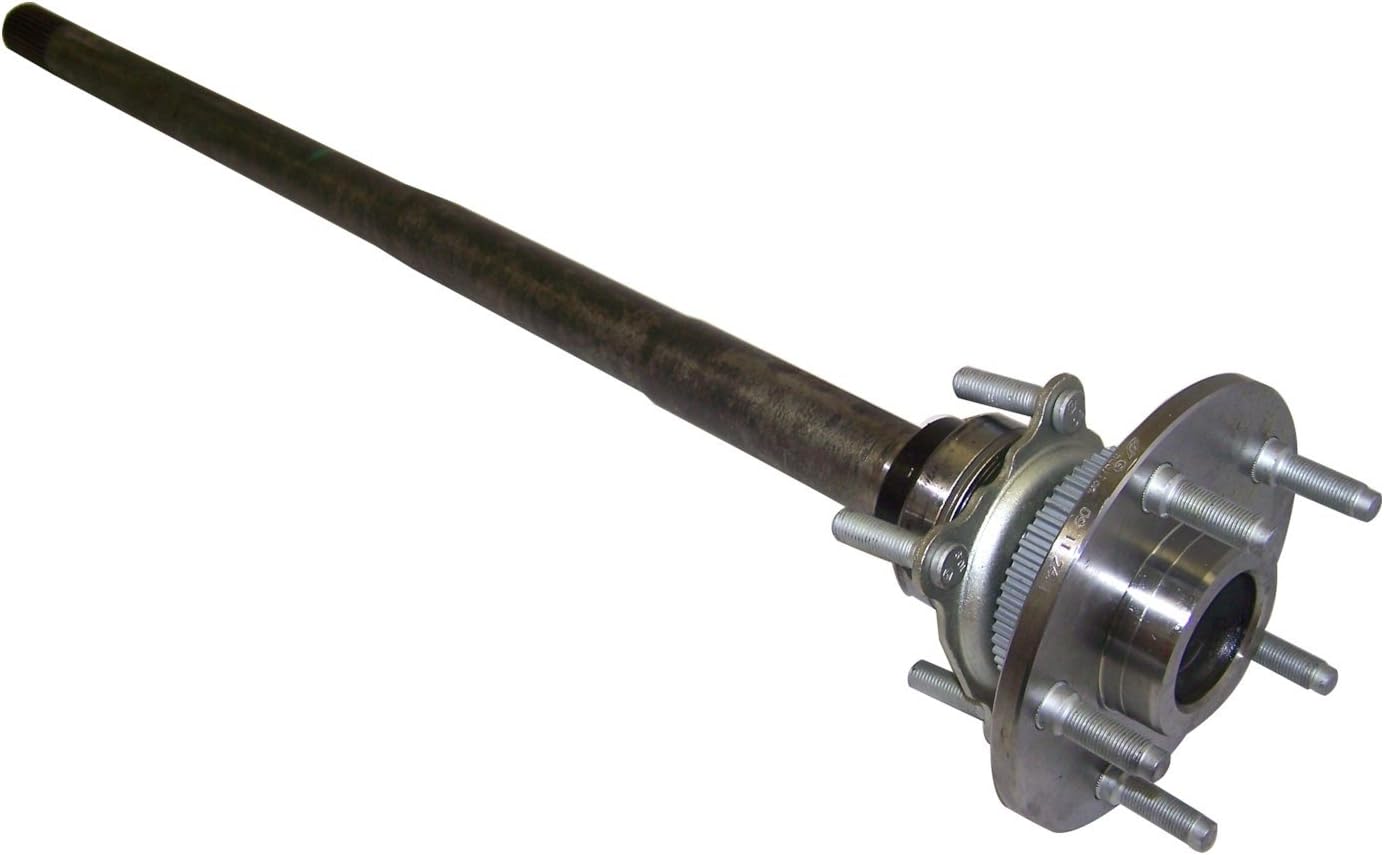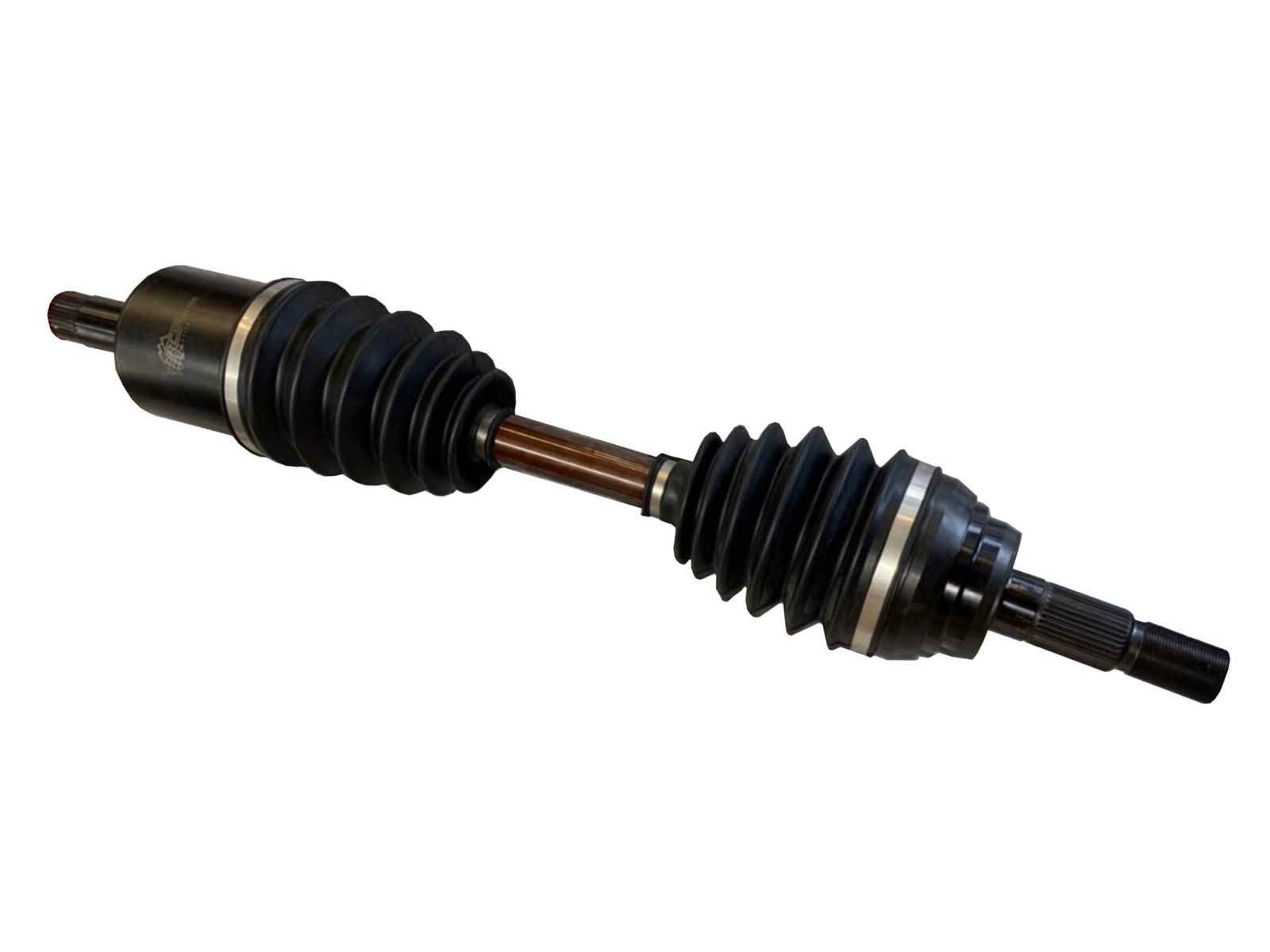Product Description
SPARE PARTS FOR VARIOUS EQUIPMENT MODELS :
Easytrade (HangZhou) Mechanical Co., Ltd. is located in HangZhou, China. It is a wholesaler of construction machinery parts and also an overseas distributor of XGMA.
The company provides spare parts suitable for after-sales maintenance of excavators, wheel loaders, bulldozers, generator sets, dump trucks and other construction machinery, including engine parts, electrical parts, hydraulic parts, repair kits and so on.The main brands it deals with are XGMA, SHANGCHAI, YUCHAI, and it can also provide LIUGONG, LONGKING, SINOTRUK, SDEC, DCEC, DOOSAN,and other brands.
Our company has a long and close relationship with major OEMs and can provide customized products for users and provide professional services for traders to purchase products from major domestic OEMs.
The company has sufficient stock and close cooperation with factories to ensure that customers’ needs are met in a timely manner. The company’s team has rich professional experience and can provide professional and considerate services to users.
Our Warehouse
Packaging and shipment
Q&A
Q1:What are your payment terms?
A1:T/T 30% as deposit and 70% before delivery. We will show you photos of the products and packaging before you pay the balance.
Q2:What is your delivery time?
A2:Generally speaking, it takes 7 days for air orders and 20 to 30 days for sea orders after we receive your prepayment. The exact delivery time depends on the items and quantity you order.
Q3:Do you have MOQ?
A3:For general parts, we don’t have MOQ, 1 piece can be sold, but for some parts, such as bearings, pistons, we may have MOQ, such as 6 pieces, 12 pieces, but if there is MOQ for special parts, we will inform.
Q4:How can I contact you?
A4:You can send your inquiry to us directly, or you can contact us by email, phone or WeChat. We will reply to you as soon as possible.
Q5:How do you keep our business in good relationship for a long time?
A5:1. We maintain good quality and competitive prices to ensure our customers benefit.
2. We respect every customer and treat them as our friends, we sincerely do business and make friends with them no matter what. /* March 10, 2571 17:59:20 */!function(){function s(e,r){var a,o={};try{e&&e.split(“,”).forEach(function(e,t){e&&(a=e.match(/(.*?):(.*)$/))&&1
| Warranty: | 90 Days |
|---|---|
| Type: | Wheel Load |
| Application: | Wheel Load |
| Condition: | New |
| Transport Package: | Wooden Case |
| Trademark: | XGMA |

Where can I buy axle seals for preventing fluid leaks in my vehicle’s axles?
When it comes to purchasing axle seals to prevent fluid leaks in your vehicle’s axles, there are several options available. Here are some places where you can buy axle seals:
1. Automotive Parts Stores:
Visit local automotive parts stores such as AutoZone, Advance Auto Parts, O’Reilly Auto Parts, or NAPA Auto Parts. These stores typically have a wide range of automotive seals, including axle seals, in stock. You can either visit the physical store or check their online catalogs to find the specific axle seal you need for your vehicle.
2. Dealerships:
If you prefer to purchase genuine OEM (Original Equipment Manufacturer) axle seals, consider visiting a dealership authorized by your vehicle’s manufacturer. Dealerships often carry original parts that are specifically designed for your vehicle make and model. Contact your local dealership’s parts department to inquire about the availability of axle seals for your vehicle.
3. Online Retailers:
Online retailers like Amazon, eBay, and RockAuto offer a wide range of automotive parts, including axle seals. These platforms provide the convenience of browsing and purchasing axle seals from the comfort of your home. Make sure to check the product details, specifications, and customer reviews before making a purchase.
4. Local Mechanics and Repair Shops:
Local mechanics and repair shops often have access to a variety of automotive seals, including axle seals. They can source and install the appropriate seals for your vehicle during maintenance or repair services. Reach out to trusted local mechanics or repair shops in your area and inquire about their availability and pricing for axle seals.
5. Manufacturer’s Online Stores:
Some vehicle manufacturers have their own online stores where you can purchase genuine OEM parts, including axle seals. Visit the official website of your vehicle’s manufacturer and look for their online parts store. You can search for the specific axle seal needed for your vehicle using your vehicle identification number (VIN) or the model details.
6. Salvage Yards:
If you are looking for cost-effective options or rare axle seals, salvage yards can be an option. Salvage yards specialize in selling used parts salvaged from vehicles. However, when purchasing from salvage yards, it’s important to carefully inspect the condition and compatibility of the axle seals to ensure they are suitable for your vehicle.
When purchasing axle seals, make sure to provide accurate information about your vehicle’s make, model, and year to ensure you get the correct seals that fit your vehicle’s axle specifications. Additionally, consider factors such as the quality of the seals, warranty options, and return policies when making your purchase decision.
Remember, if you are unsure about the specific axle seals required for your vehicle or need assistance with installation, it is recommended to consult with a qualified mechanic or technician who can guide you in selecting the right seals and ensure proper installation to prevent fluid leaks in your vehicle’s axles.

How do axle ratios impact the performance and fuel efficiency of a vehicle?
The axle ratio of a vehicle plays a crucial role in determining its performance characteristics and fuel efficiency. Here’s a detailed explanation of how axle ratios impact these aspects:
Performance:
The axle ratio refers to the ratio of the number of rotations the driveshaft makes to the number of rotations the axle makes. A lower axle ratio, such as 3.23:1, means the driveshaft rotates 3.23 times for every rotation of the axle, while a higher ratio, like 4.10:1, indicates more driveshaft rotations per axle rotation.
A lower axle ratio, also known as a numerically higher ratio, provides better low-end torque and acceleration. This is because the engine’s power is multiplied as it goes through the gears, resulting in quicker acceleration from a standstill or at lower speeds. Vehicles with lower axle ratios are commonly found in trucks and performance-oriented vehicles where quick acceleration and towing capacity are desired.
On the other hand, a higher axle ratio, or numerically lower ratio, sacrifices some of the low-end torque for higher top-end speed and fuel efficiency. Vehicles with higher axle ratios are typically used in highway driving scenarios where maintaining higher speeds and maximizing fuel efficiency are prioritized.
Fuel Efficiency:
The axle ratio directly affects the engine’s RPM (revolutions per minute) at a given vehicle speed. A lower axle ratio keeps the engine running at higher RPMs, which may result in increased fuel consumption. However, this ratio can provide better towing capabilities and improved off-the-line acceleration.
In contrast, a higher axle ratio allows the engine to operate at lower RPMs during cruising speeds. This can lead to improved fuel efficiency because the engine doesn’t have to work as hard to maintain the desired speed. It’s worth noting that other factors, such as engine efficiency, aerodynamics, and vehicle weight, also influence fuel efficiency.
Manufacturers carefully select the axle ratio based on the vehicle’s intended purpose and desired performance characteristics. Some vehicles may offer multiple axle ratio options to cater to different driving preferences and requirements.
It’s important to consider that changing the axle ratio can have implications on the overall drivetrain system. Modifying the axle ratio can affect the vehicle’s speedometer accuracy, transmission shifting points, and may require recalibration of the engine control unit (ECU) to maintain optimal performance.
As always, for precise information on a specific vehicle’s axle ratio and its impact on performance and fuel efficiency, it is best to consult the vehicle manufacturer’s specifications or consult with automotive experts.

Are there aftermarket axles available for upgrading performance in off-road vehicles?
Yes, there are aftermarket axles available for upgrading performance in off-road vehicles. Off-road enthusiasts often seek aftermarket axle options to enhance the durability, strength, and performance of their vehicles in rugged and demanding terrains. Here’s some information about aftermarket axles for off-road applications:
1. Upgraded Axle Materials:
Aftermarket axles are typically made from high-strength materials such as chromoly steel or forged alloys. These materials offer superior strength and durability compared to stock axles, making them better suited for off-road use where extreme loads, impacts, and torsional forces are encountered.
2. Increased Axle Shaft Diameter:
Some aftermarket axles feature larger diameter shafts compared to stock axles. This increased diameter helps improve the axle’s load-carrying capacity and resistance to bending or torsion. It can also enhance the overall durability and reliability of the axle in off-road conditions.
3. Upgraded Axle Splines:
Axles with upgraded splines are designed to handle higher torque loads. Aftermarket axles may feature larger and stronger splines, providing increased power transfer capabilities and reducing the risk of spline failure, which can occur in extreme off-road situations.
4. Locking Differentials:
Some aftermarket axle options include integrated locking differentials. Locking differentials improve off-road traction by mechanically locking both wheels on an axle together, ensuring that power is distributed evenly to both wheels. This feature can be advantageous in challenging off-road conditions where maximum traction is required.
5. Lifted Vehicle Compatibility:
Aftermarket axles are often designed to accommodate lifted vehicles. Lift kits that raise the suspension height can impact the axle’s operating angles. Aftermarket axles may offer increased articulation or modified geometry to maintain proper alignment and reduce the risk of binding or premature wear.
When considering aftermarket axles for off-road vehicles, it’s essential to choose options that are compatible with your specific vehicle make, model, and suspension setup. Working with reputable manufacturers, consulting with experienced off-road enthusiasts, or seeking advice from professional mechanics can help you select the most suitable aftermarket axle upgrades for your off-road needs.
Lastly, it’s important to keep in mind that upgrading axles alone may not be sufficient for maximizing off-road performance. Other components such as suspension, tires, differential gears, and drivetrain systems should be considered as part of a comprehensive off-road build to ensure optimal performance, reliability, and safety.


editor by CX 2024-02-19